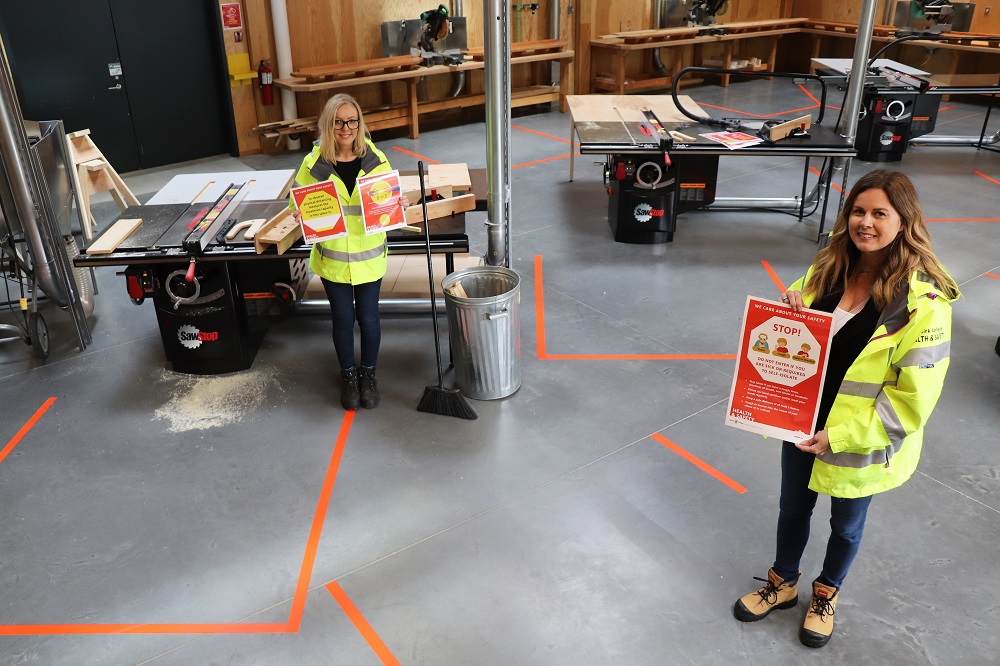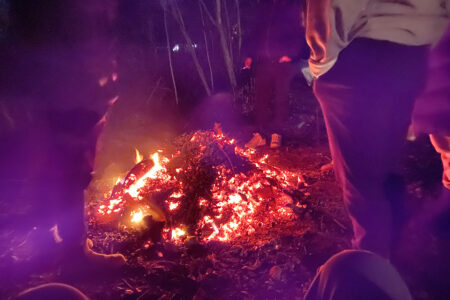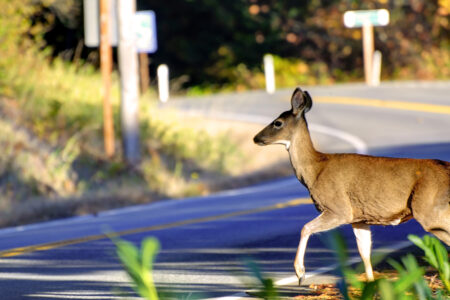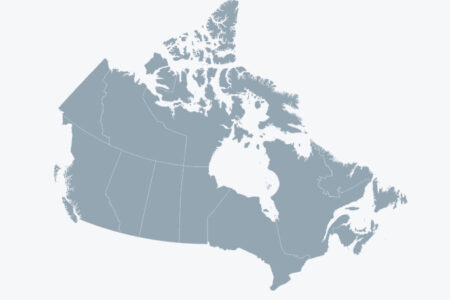Selkirk College Health & Safety Team Meets COVID-19 Challenge
It’s a humble Selkirk College department of two that has proven itself mighty in the face of the daunting COVID-19 pandemic.
Health & Safety Advisors Donna Drover and Sophie Connelly have been burning the candle at both ends over the last three months, first responding to the crisis and now preparing for the recovery. At its peak, Selkirk College employs more than 450 people and serves almost 3,000 students on campus locations across the West Kootenay and Boundary region. Though vital during more normal times, the Health & Safety Department has been thrust into the spotlight due to COVID-19 challenge.
“It’s a feeling of being in a prolonged tabletop exercise where everybody is doing an amazing job,” says Drover, who started working at Selkirk College in 2014. “I am so proud of our college because everybody has stepped up and put their best foot forward to continue with creating the best experience for students in a safe and healthy manner.”
Both the Silver King Campus in Nelson and the Castlegar Campus have started to welcome back learners in a limited capacity for in-person delivery of required hands-on trades training and health care labs. With more than 60 program offerings, the foundation of a Selkirk College education is experiential and practical learning. Many elements of that education cannot be delivered virtually.
Drover and Connelly are now in the process of executing overarching plans and helping create specific safe work procedures geared towards proper delivery of the programs returning in September. As the Selkirk College Education Division works through its planning of delivery models that include in-person where feasible and online where required, the Health & Safety Department is critical to success.
“We are being very methodical and responding appropriately by looking at the post-secondary sector, taking advice from WorkSafeBC, the Provincial Health Officer and the BC Centre for Disease Control,” Drover says. “We have all of these resources that we are looking at daily to help guide us in our work, so it’s important to be a reassuring voice because there are so many questions. We have to calmly educate people and be open to questions, while also being aware that everybody is going to feel different about this situation.”
Calm in the Face of Crisis
Like B.C. Provincial Health Officer Dr. Bonnie Henry, Drover is guided by a calm approach that eases anxiety for those she works with on a daily basis.
“I have had to deal with a lot of adversity in my life that has given me experience that has served me well in this capacity,” says the 44-year-old. “Quite often it’s the panic that creates problems, success in the response is about how we handle it.”
Drover comes from a generational line of Canadian Pacific Railway (CPR) employees, an industry where health and safety is essential for smooth operation. Originally from Revelstoke, her father’s employment with the CPR had the family moving every couple of years to places like Cranbrook, Nelson, Vancouver, Calgary and Montreal. After graduating with a Bachelor of Commerce from Montreal’s Concordia University, she moved back to Calgary and landed a job with CPR in the Occupational Health & Safety Department.
Looking for a return to the mountains and small town life, Drover and her husband moved to Castlegar with their two children. She took an on-call position at Selkirk College in the Admissions Department and eventually worked her way into the well-suited role of Health & Safety Advisor. With a focus on service, Drover made an immediate impact well before COVID-19 was part of the lexicon.
“In health and safety, I feel that relationships are three-quarters of the battle,” she says of her approach. “If you have a great relationship with people, it makes the health and safety aspect of it that much easier. So we have spent a lot of time building relationships.”
The Expansive Role of Mother
When Selkirk College adjourned in-person delivery of classes in mid-March, students in all programs had to deal with significant uncertainty and anxiety. Drover’s 18-year-old son Matthew is a Youth Train in Trades student in the Electrical Foundation Program on the Silver King Campus, so the lens of learners is sitting across from her at the dinner table.
“We all feel very differently about COVID, there are people who are very comfortable with it and there are people who feel a lot of anxiety,” Drover says. “My son feels more anxiety and that helps me understand that everything we create must support the people who are not comfortable to be back.”
The planning and procedures implemented at Selkirk College are in strict adherence to public health and safety guidelines. Drover has taken the same tact to educating and reassuring her son about the college’s approach as she does with everyone else who has questions.
“I am viewing everybody’s child as my own child because I am coming at it from the lens of: would I be comfortable to send my child into that program? It’s a very quick yes or no,” she explains. “As a parent, we always want our children to be safe and I have that as my moral compass. Though I actually have a son in one of our programs, I have always been that way. It has not made me be any more cautious because I always proceeded in my work that way, but it does add some new perspective.”
Moving Forward with Caution
Back in mid-March, Drover and Connelly were focused on employee health and safety with respect to the massive migration from campus offices to home offices. Ensuring proper ergonomics and functioning in new locations was a crucial piece to the continuation of service in all college departments.
Now charged with drafting plans and procedures that will enable the execution of safe in-person return of students and staff, the supply of materials such as sanitizer and masks remains one of the most pressing challenges.
Beyond what is required on paper in terms of planning and supplies is the greatest unknown. What the Health & Safety Department can’t control is human reaction to the new normal.
“The behavioural aspect is a concern,” says Drover. “We can put all the best protocols in place, but if people are not complying then it’s not worth the piece of paper it is written on. This is where the relationship-building comes into play, it’s important to educate people and for them to not be afraid of health and safety when we come walking through with our high-vis jackets. We don’t want people to be fearful of us, we really want to be a resource where people come to when problems arise.”
The constant flux of the current situation means that targets are constantly moving, but both Drover and Connelly are deeply committed to helping the college get through to the other side. As they prepare for more unknowns and plenty more long days, the dynamic team of two are buoyed by the community that surrounds them in their work.
“There is a desire from everybody at Selkirk College to make the best of this situation to ensure success for the students. When that happens, it makes our jobs much easier,” says Drover. “I’m really proud to work for Selkirk College. When talking to colleagues across the province, other institutions are amazed at what we have accomplished in all aspects of our response to this crisis. Every day something happens where I am reminded of the quality of people we have working here, everybody wants to go above-and-beyond to make it a great place to be.”






















